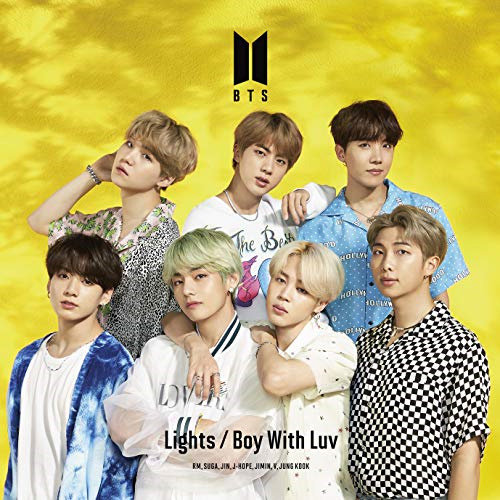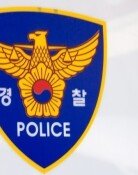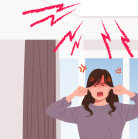BTS tops Japan’s Oricon Weekly Singles Chart
BTS tops Japan’s Oricon Weekly Singles Chart
Posted July. 10, 2019 07:39,
Updated July. 10, 2019 07:39

The 10th Japanese single album “Lights/Boy With Luv” released last week ranked first on Oricon Weekly Singles Chart on Tuesday. With a total of 621,000 Oricon points – a calculation of sales of each type, BTS as a non-Japanese artist has reached the highest ever sales points on this chart. The previous highest record was 454,829 points by BTS’ “Fake Love/Airplane pt. 2.” The Korean star band’s latest single records a pre-order volume of one million copies, staying at the top of Oricon Daily Singles Chart for six consecutive days.
BTS is successfully touring stadiums across Japan. The Korean boy band incredibly held “Love Yourself: Speak Yourself” at Yanmar Stadium Nagai in Osaka on Saturday and Sunday during which more than 100,000 fans filled in the venue to add more heat to the concerts. Also for the concerts scheduled on July 13 and 14, all the 100,000 tickets for BTS’ concert at Shizuoka Stadium Ecopa have been sold out. The “Boy With Luv” stage at BTS’ Osaka concert was broadcast live on NTV’s music show “The Music Day.”
The success of K-Pop in the Japanese market is attributed to the transition in generations of Korean Wave fans. Since K-dramas including “Winter Sonata” went viral among Japan’s middle-aged audiences in the 2000s, younger generations went crazy about K-Pop stars such as KARA, SNSD and TVXQ from 2010. Along with former South Korean President Lee Myung-bak’s visit to the Dokdo islets in 2012, unfortunately anti-sentiment against the Korean Wave reached its peak. But TWICE, BLACK PINK and BTS have enticed Japanese teenagers since 2017, opening up the third era of the Korean Wave in Japan. As such, the age range of K-culture fans has lowered gradually over time.
“K-pop fans in Japan have lowered incredibly in their age and they are insensitive to diplomatic issues,” said Mimyo, editor-in-chief of webzine Idology. “Cultural gaps in generations have been mitigated over time since the Korean Wave begun in parents’ generations.”
imi@donga.com
Headline News
- Med professors announce intention to leave hospitals starting Thursday
- Bridge honoring Sgt. Moon Jae-sik unveiled in Pennsylvania
- Chief of Staff Chung tells presidential secretaries to stay away from politics
- US FTC bans noncompete agreements
- N. Korea launches cyberattacks on S. Korea's defense companies







